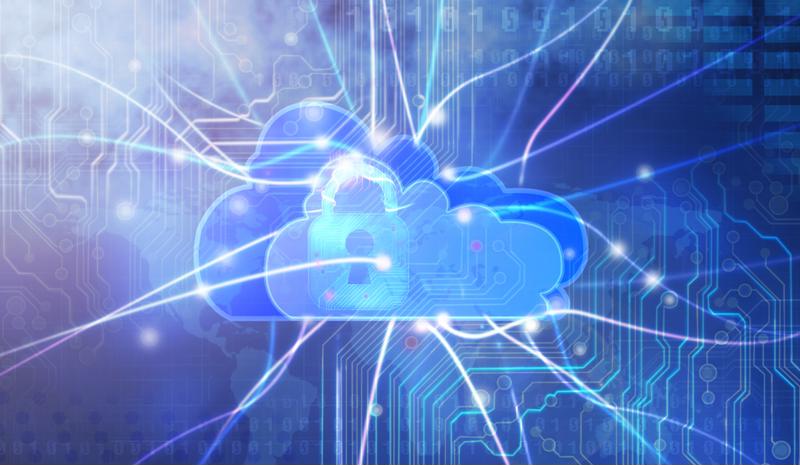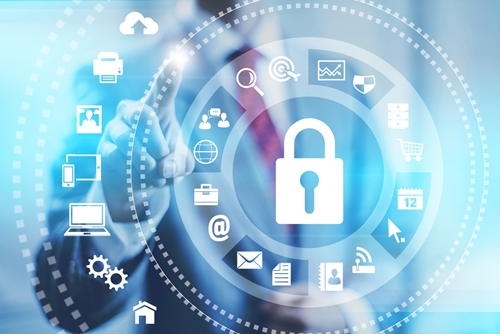The idea of "cloud security" might sound to average individuals like something they don't have to worry about on their own. After all, the term alone may seem a little complicated, and this type of online service isn't necessarily used by everyone, at least not actively. However, people should understand that if they have smartphones and other connected devices, they may be saving things like pictures, videos, documents, or simply songs to the cloud without even realizing it.
And for that reason, people need to do more to educate themselves about what the cloud is, and how they can use these platforms without putting themselves at risk of identity theft. One recent study found that in 2017 some 443 billion gigabytes (or 443 exabytes) will be used in the cloud worldwide every month, up about 350 percent from cloud traffic seen in 2012, according to a report from Dark Reading. Furthermore, cloud traffic is expected to grow another five times or so over the next five years.

How to protect it
When people are saving things to their own personal cloud services, whether it's via Dropbox, Google Docs, Apple iCloud, or something else, what they have to keep in mind is these accounts should be protected like any other online account. That ought to include having a robust password – at least 10 characters, with numbers, letters, and symbols included – and only uploading files that are free of personally identifying information or financial data that could be used in identity theft.
Moreover, people should only connect to these accounts when they know they are on a secure internet connection. What that means is they shouldn't access personal accounts like this if they're using public WiFi networks, such as those at a cafe or even their respective offices. Simply put, when uploading or downloading sensitive information online, people should be sure they can trust the connection.
Taking the next step
Some security experts also recommend investing in some platforms that could provide additional layers of security, the report said. For instance, some cloud services come with encryption so that only the people who are supposed to access a given file can actually view it, while others do more to give users control over their accounts on an ongoing basis. This, of course, often requires people to pay for their cloud services, which may go above and beyond what they think will actually be needed to do to protect themselves. However, experts would further caution that if sensitive data is being put onto those servers, it's always better to be safe than sorry.
Indeed, the best advice people can get when it comes to online security of any kind is to be cautious and use common sense whenever possible. While some may not tap cloud services much right now, it's likely that their use of these platforms will grow in the near future, and the more they can do now to understand the risks that can come with it, the better off they'll be down the road.

